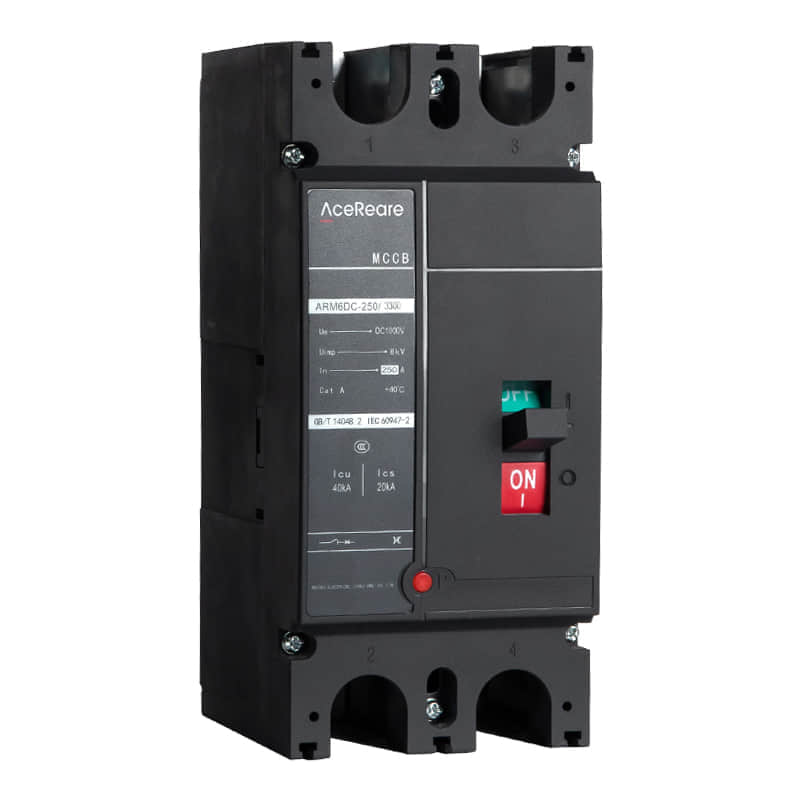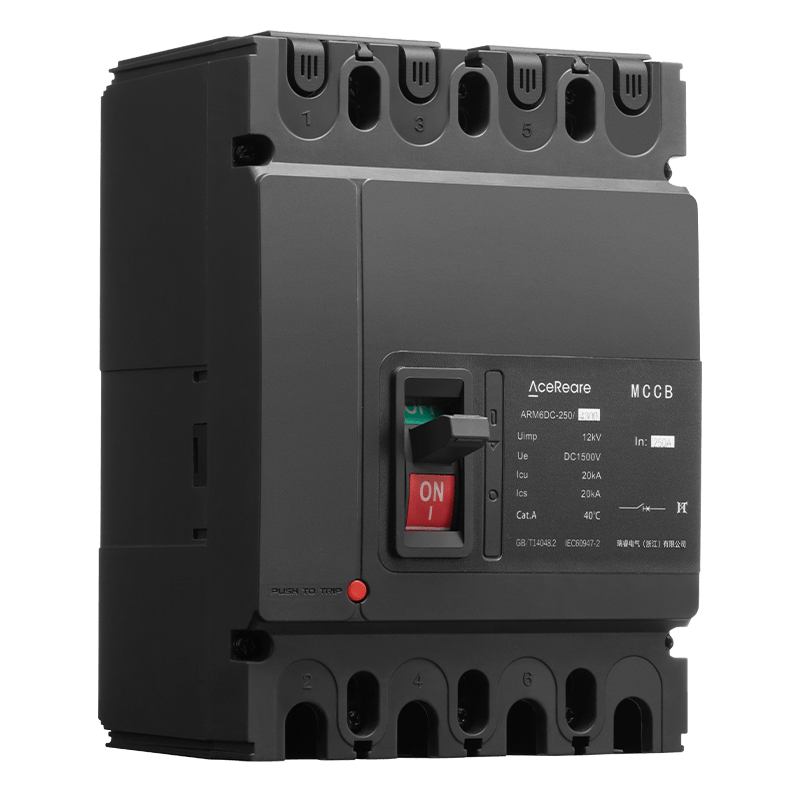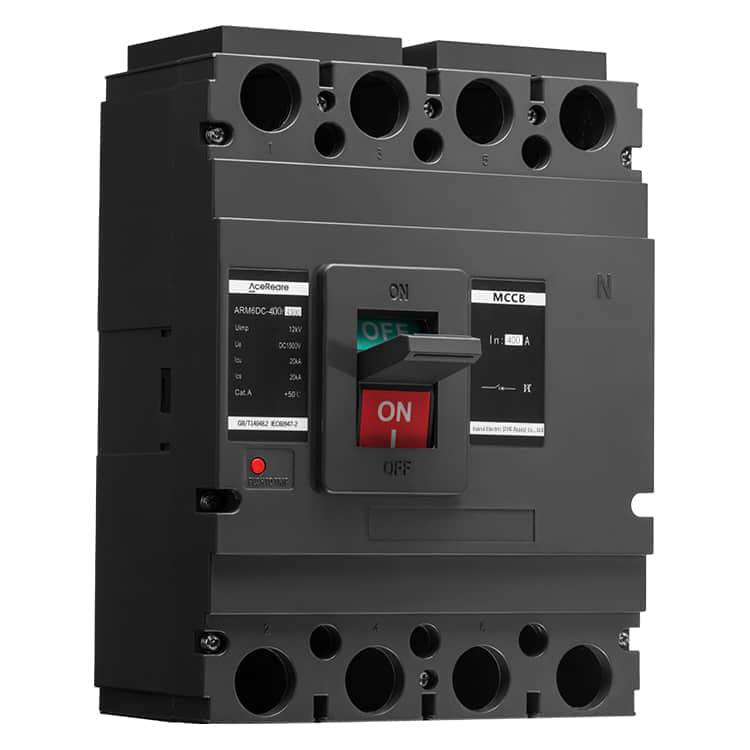In the realm of electrical engineering and power distribution, the role of circuit breakers is paramount in safeguarding equipment, systems, and individuals from potential electrical hazards. Among the various types of circuit breakers, the DC molded case circuit breaker stands out as a crucial component in maintaining the integrity of direct current (DC) systems. This article delves into the significance of DC molded case circuit breakers, their operational principles, applications, and the advantages they bring to modern electrical systems.

Understanding DC Molded Case Circuit Breakers

DC molded case circuit breakers, often referred to as DC MCCBs, are protective devices designed to interrupt the flow of direct current in the event of an overcurrent or short circuit condition. They serve as a first line of defense against faults that might otherwise lead to equipment damage, fires, or even electrical hazards. Just like their alternating current (AC) counterparts, DC MCCBs provide a vital function in ensuring the safety and reliability of electrical installations. Operational Principles The operational principles of DC MCCBs closely resemble those of AC molded case circuit breakers. They consist of a switching mechanism, a trip unit, and a protective enclosure. When a fault occurs, the trip unit detects the abnormal current and sends a signal to the switching mechanism, causing it to open and break the circuit. What sets DC MCCBs apart is their ability to handle the unique characteristics of direct current, such as the absence of zero crossings that can make extinguishing the arc more challenging. Applications DC MCCBs find extensive use in a wide array of applications across various industries. They are commonly employed in solar power systems, telecommunications equipment, battery storage systems, electric vehicles, and industrial machinery. These breakers play a pivotal role in protecting sensitive electronics, expensive equipment, and critical infrastructure from the risks associated with overcurrents and short circuits. Advantages of DC MCCBs Precise Protection:DC MCCBs are designed to provide precise protection tailored to the characteristics of direct current. This ensures that equipment and systems are shielded from faults without unnecessary or untimely tripping. Reliability:The molded case construction and robust materials used in DC MCCBs enhance their durability and reliability, even in challenging operating conditions. Selective Coordination:In complex electrical systems, selective coordination is essential to ensure that only the closest breaker to the fault opens, minimizing disruption to the rest of the system. DC MCCBs are designed to facilitate this coordination. Remote Monitoring:Many modern DC MCCBs come equipped with remote monitoring capabilities, allowing engineers and operators to monitor the status of the breaker, receive notifications about abnormalities, and make informed decisions. Compact Design:The compact and space-saving design of DC MCCBs makes them well-suited for installations where space is limited, such as in compact control panels or equipment enclosures. Conclusion As our world becomes increasingly electrified, the importance of reliable electrical protection cannot be overstated. DC molded case circuit breakers stand as a testament to engineering ingenuity, providing tailored protection for DC systems in a wide range of applications. Their ability to mitigate risks, ensure continuity, and prevent catastrophic events makes them an indispensable component of modern electrical infrastructure. Whether in renewable energy, telecommunications, transportation, or industry, DC MCCBs play a crucial role in maintaining the safety and functionality of our interconnected world.
